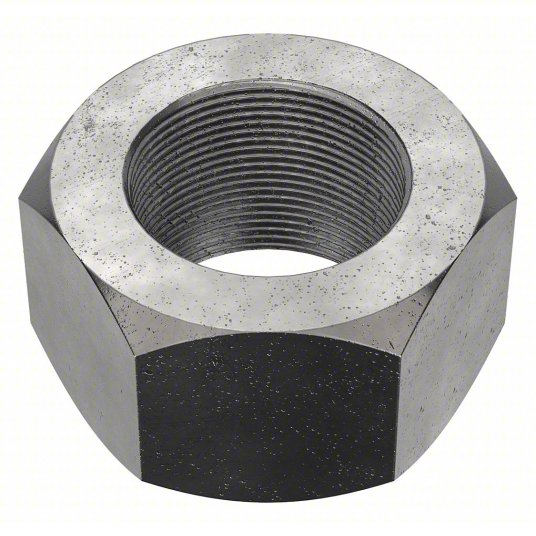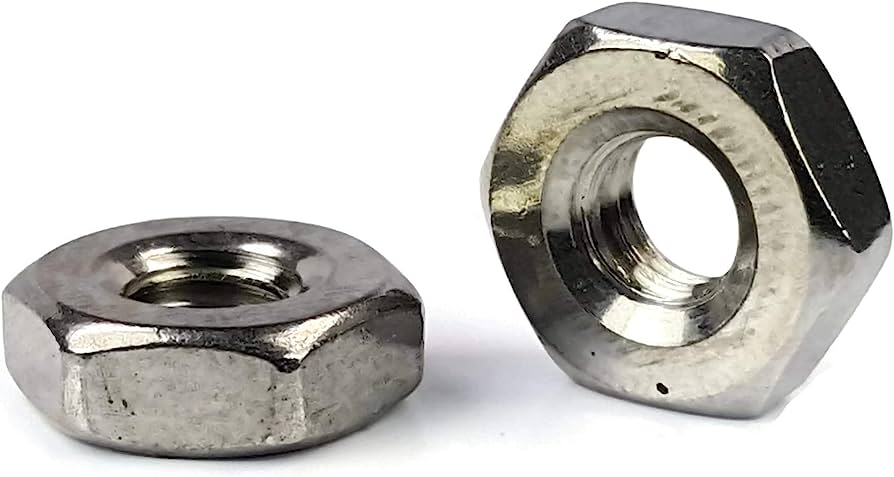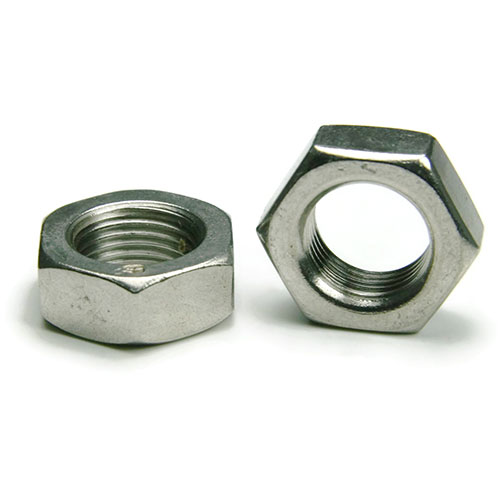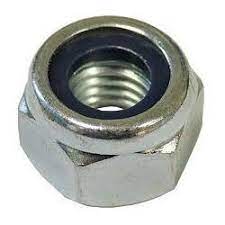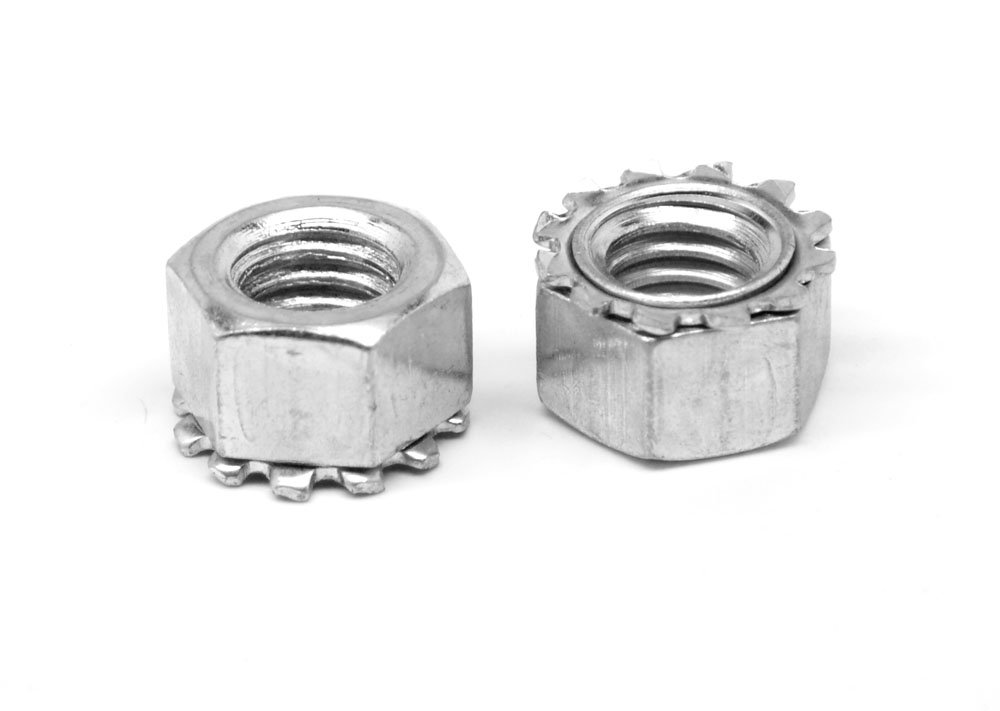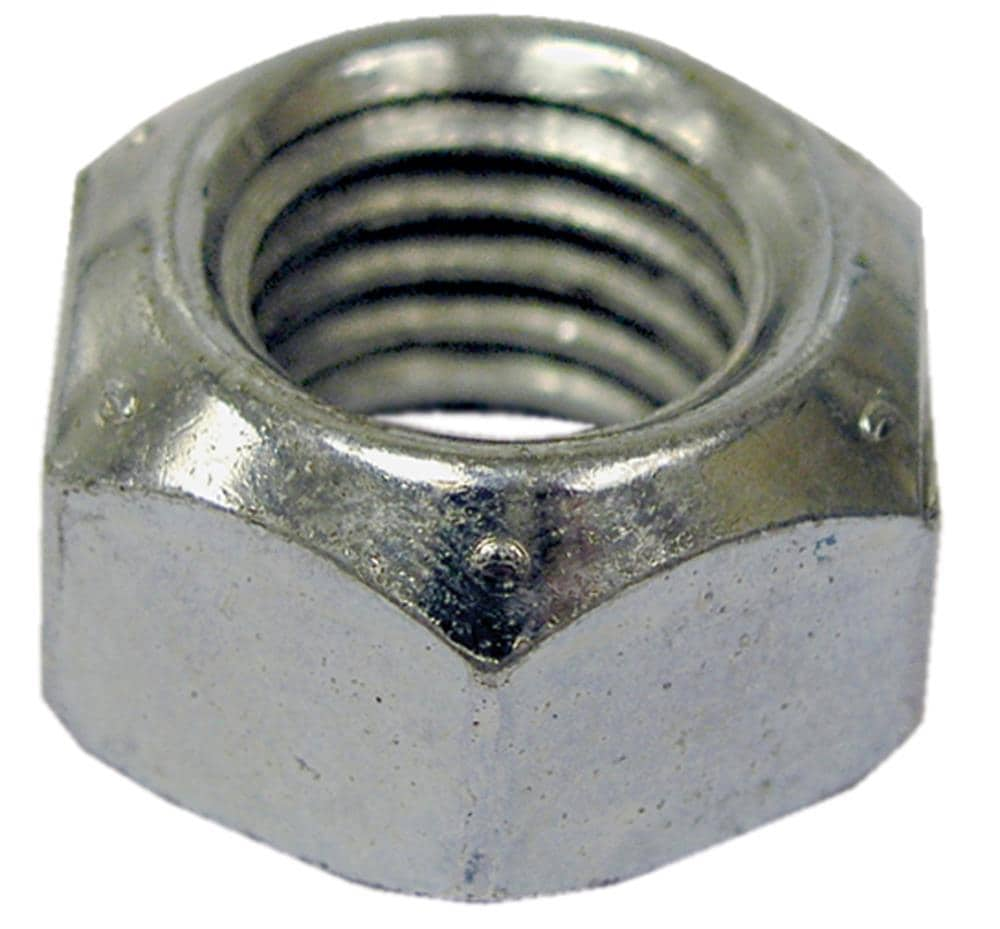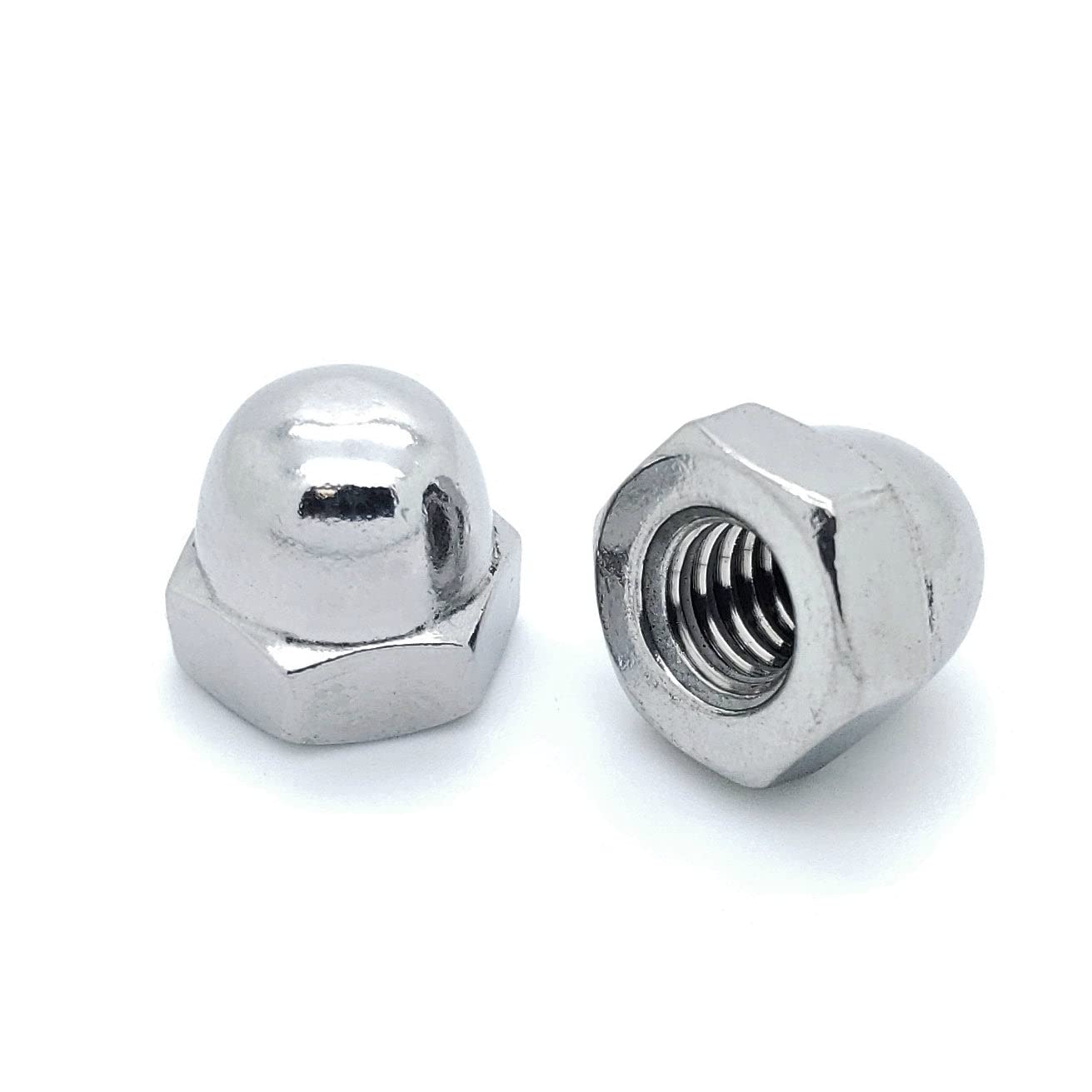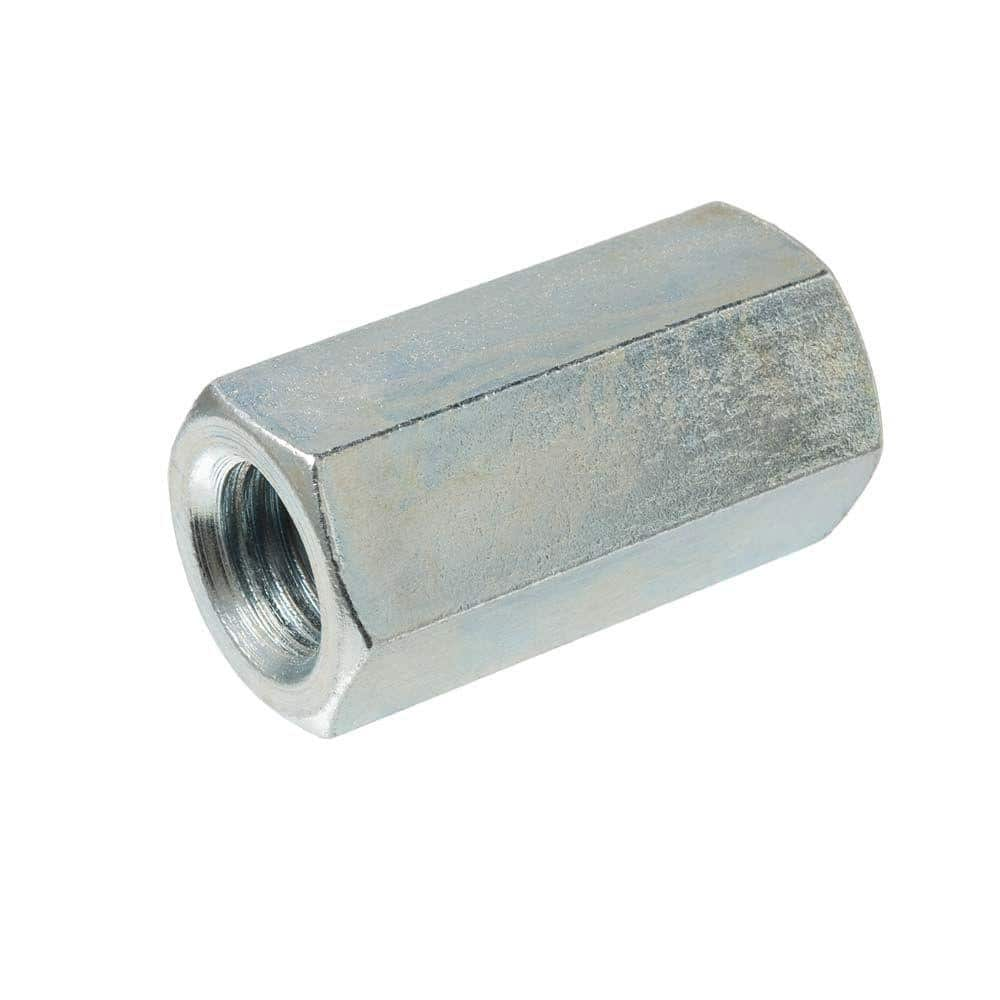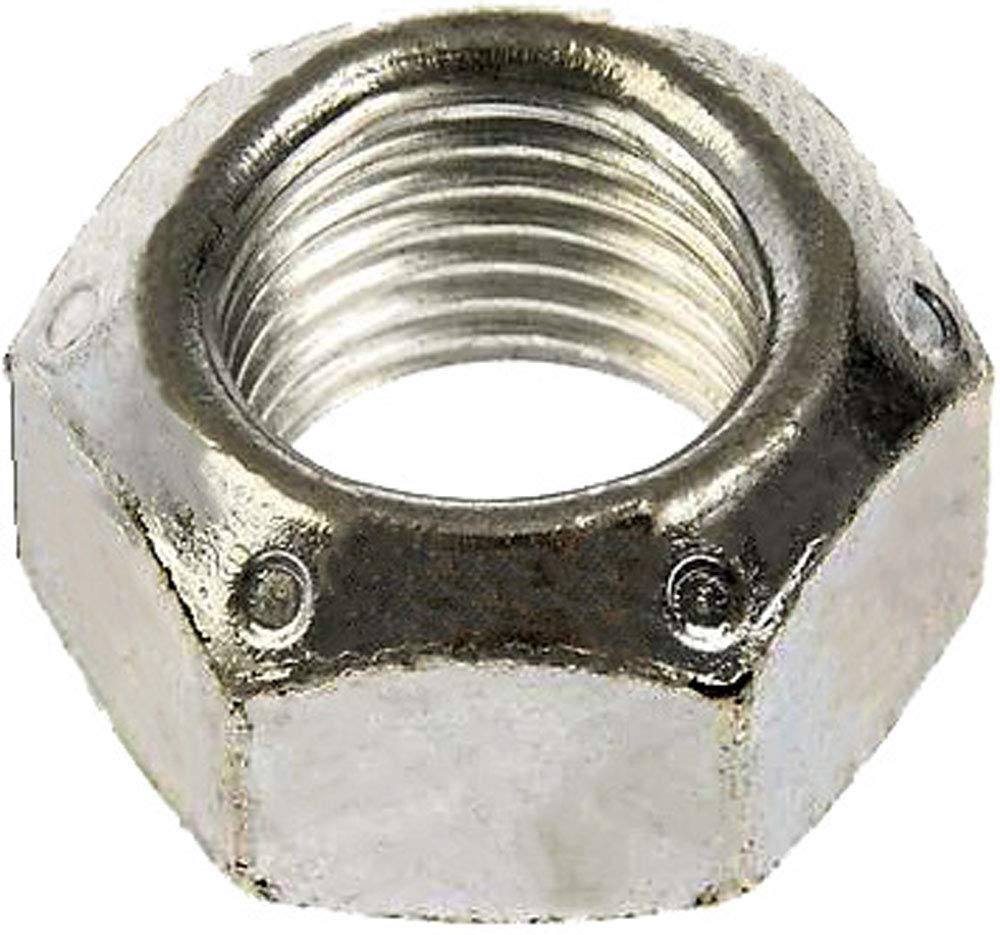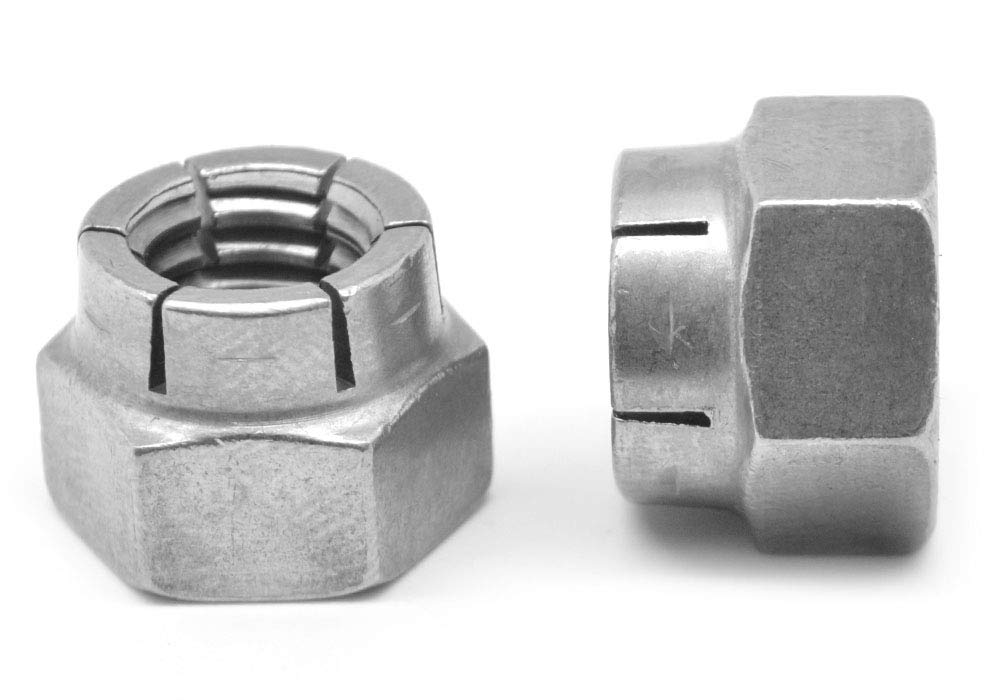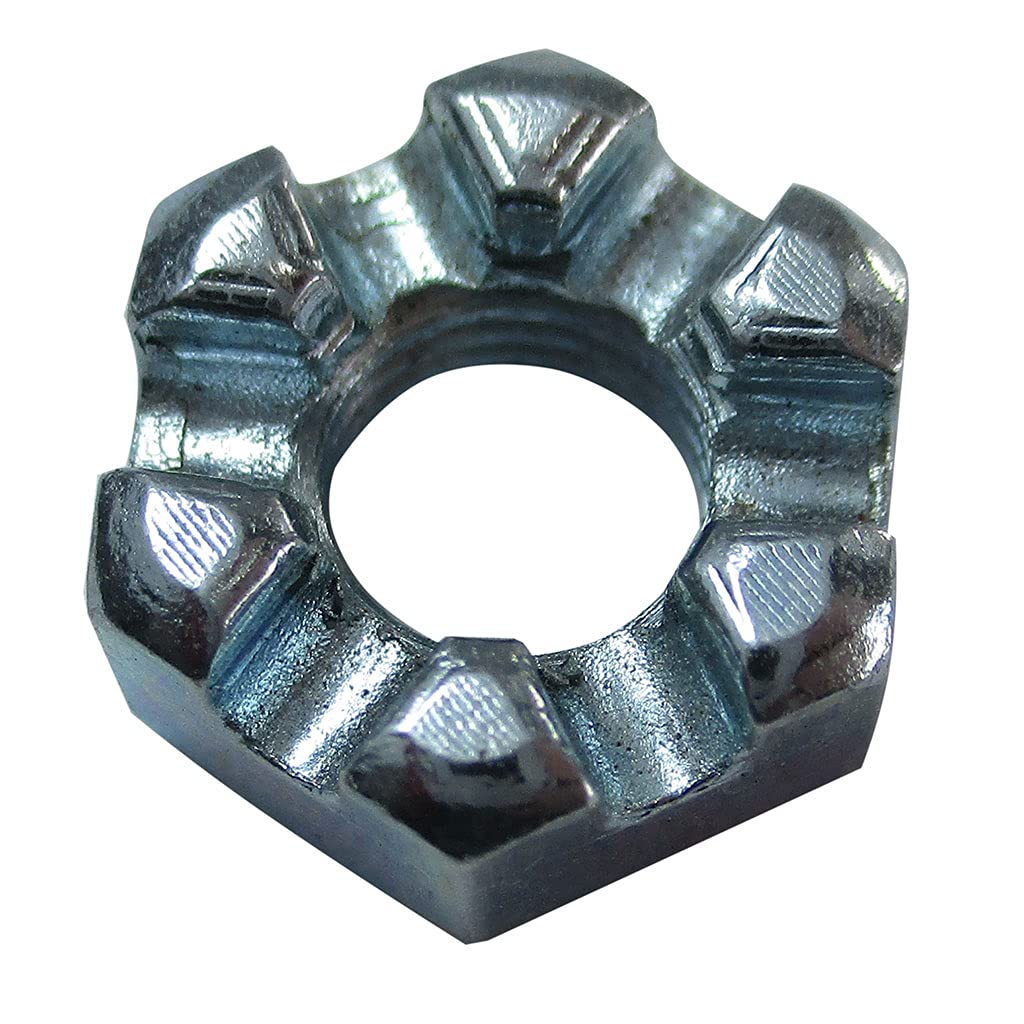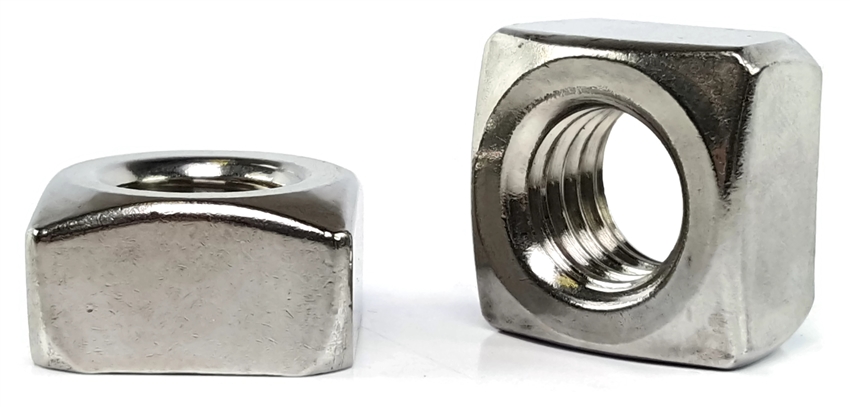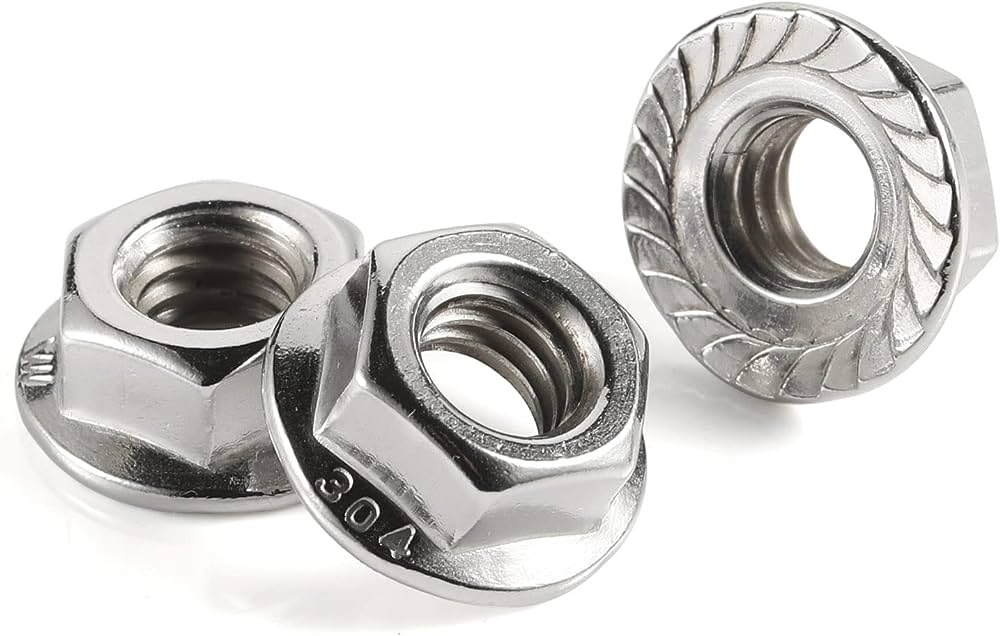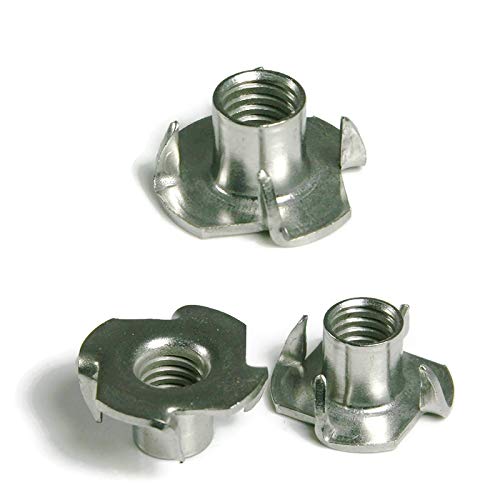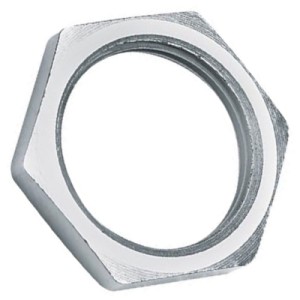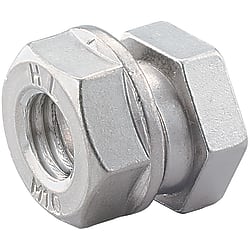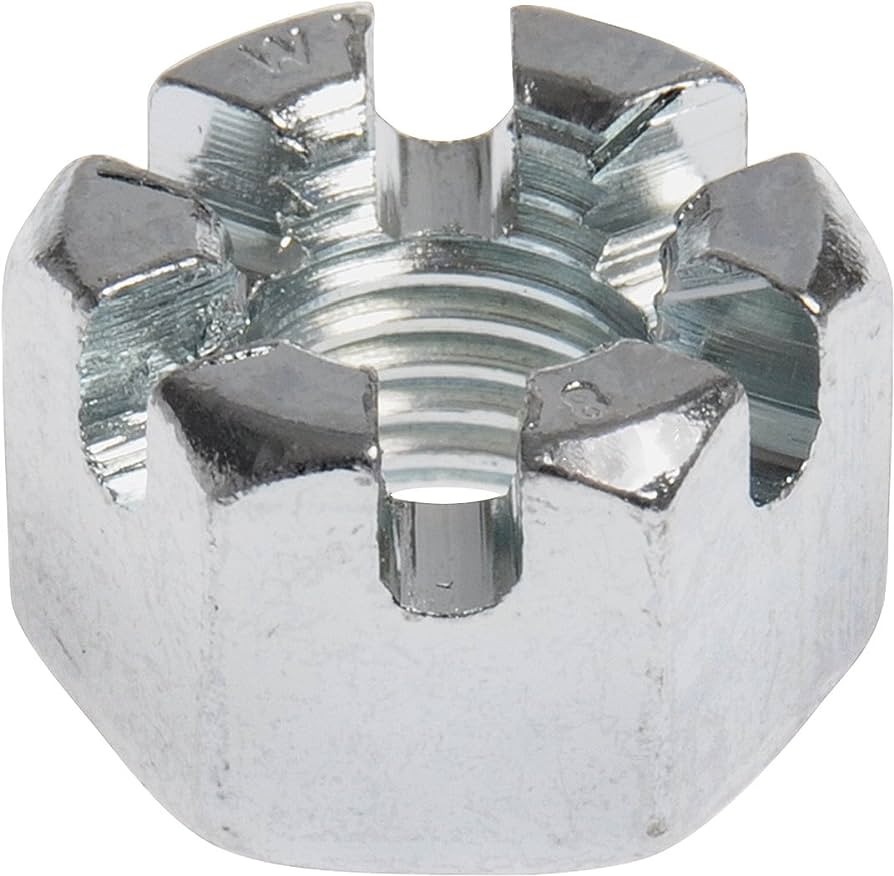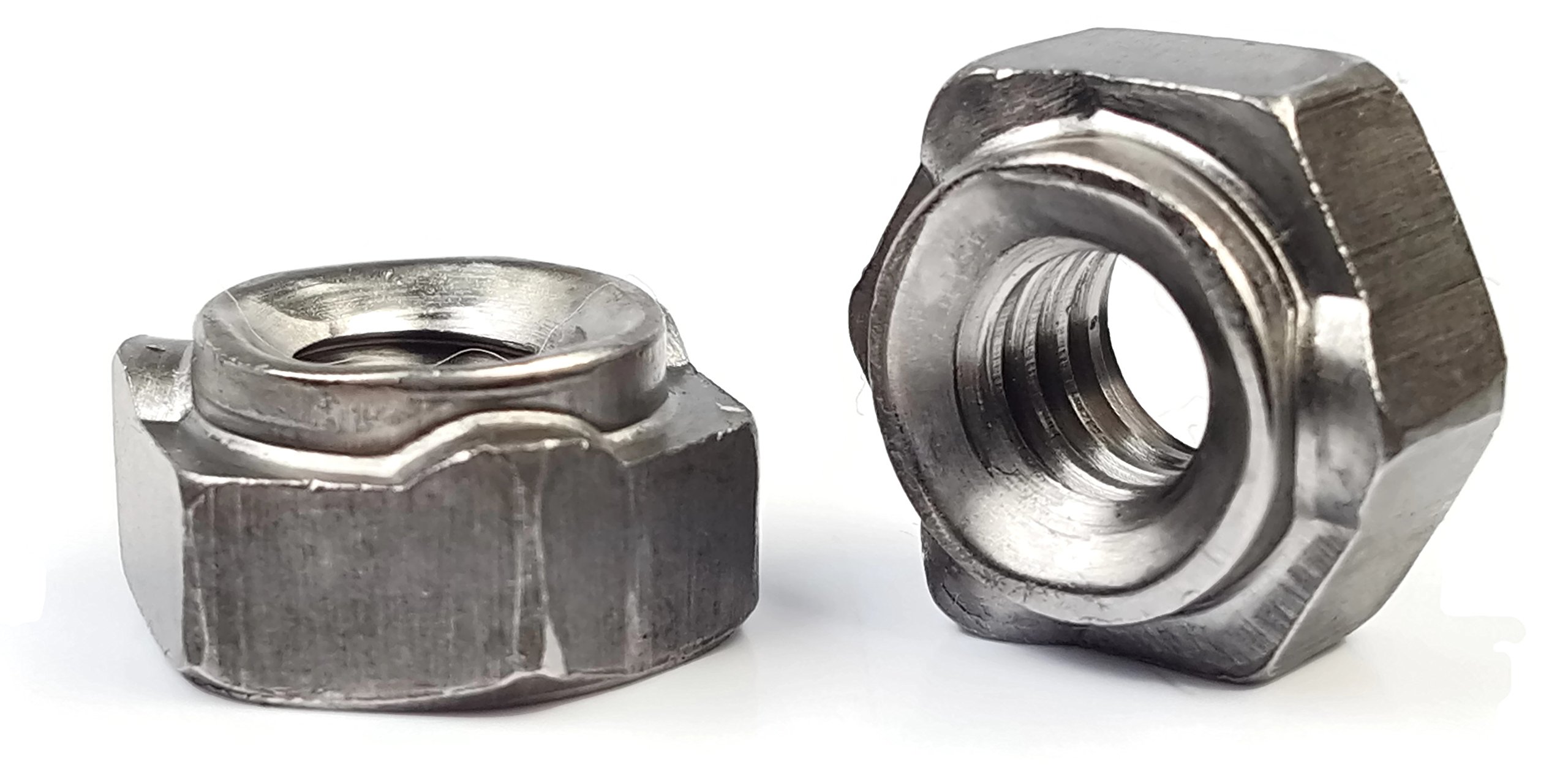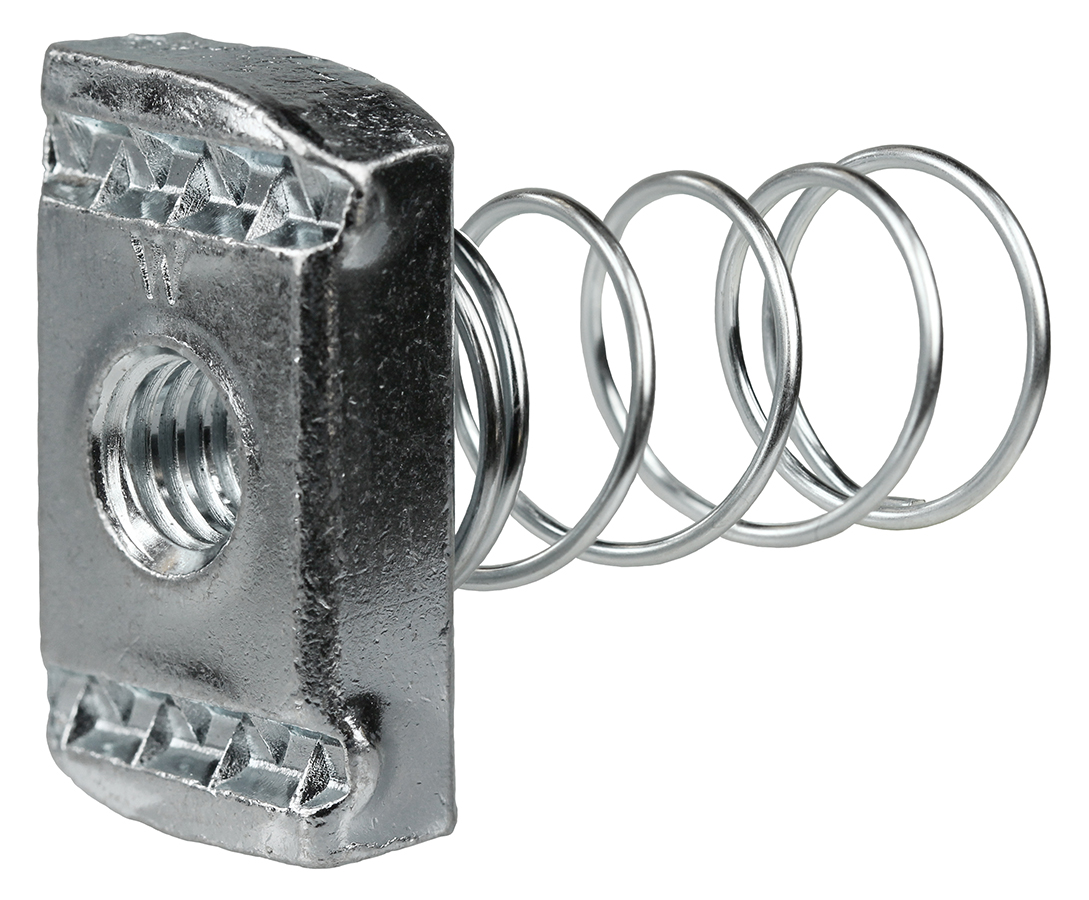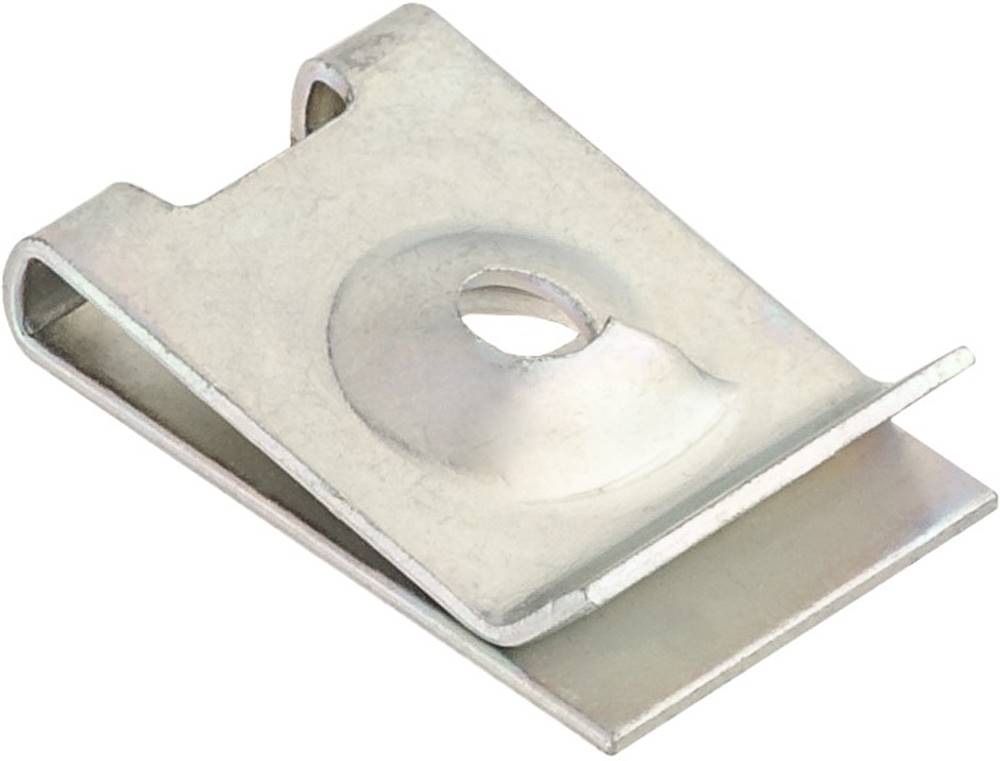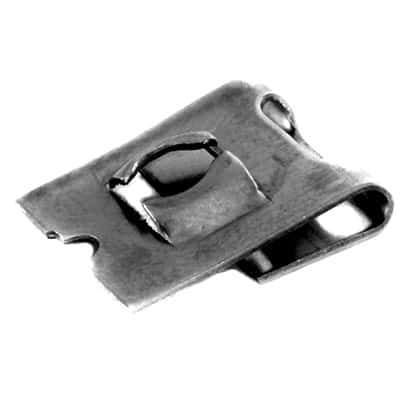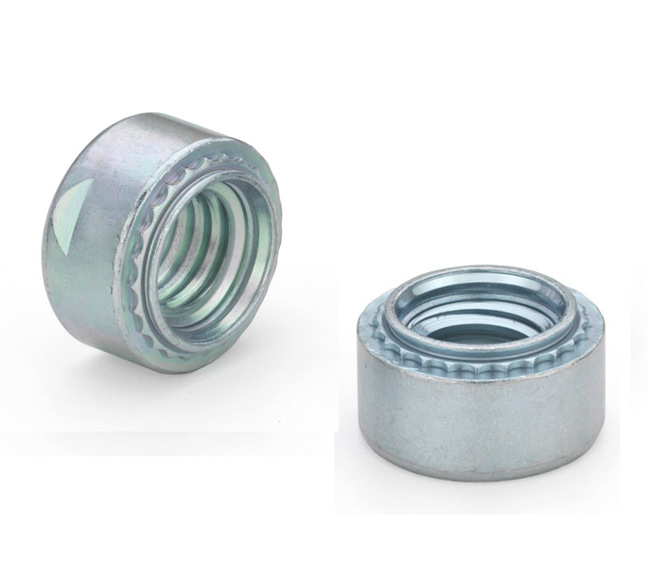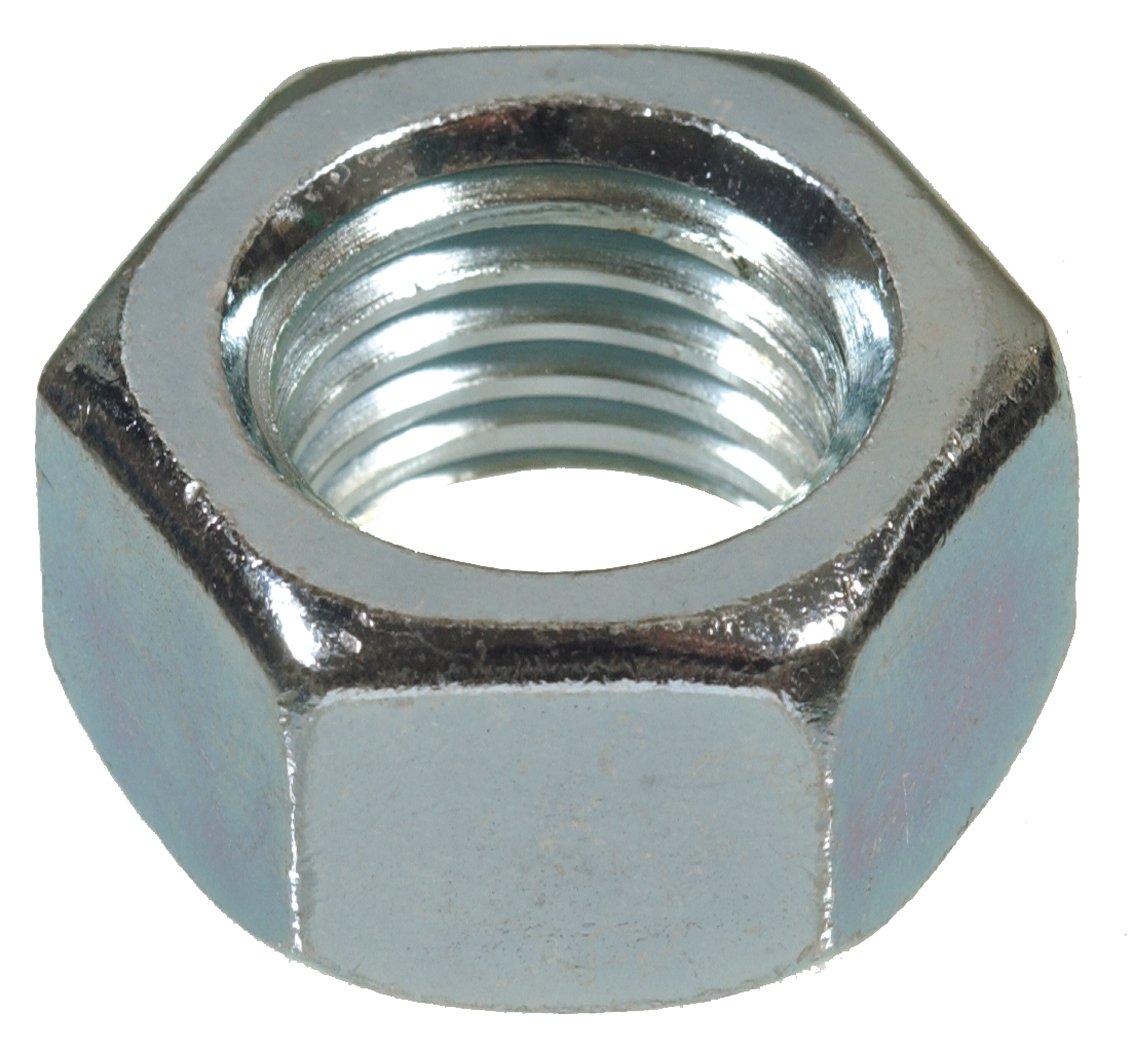Structural Nuts
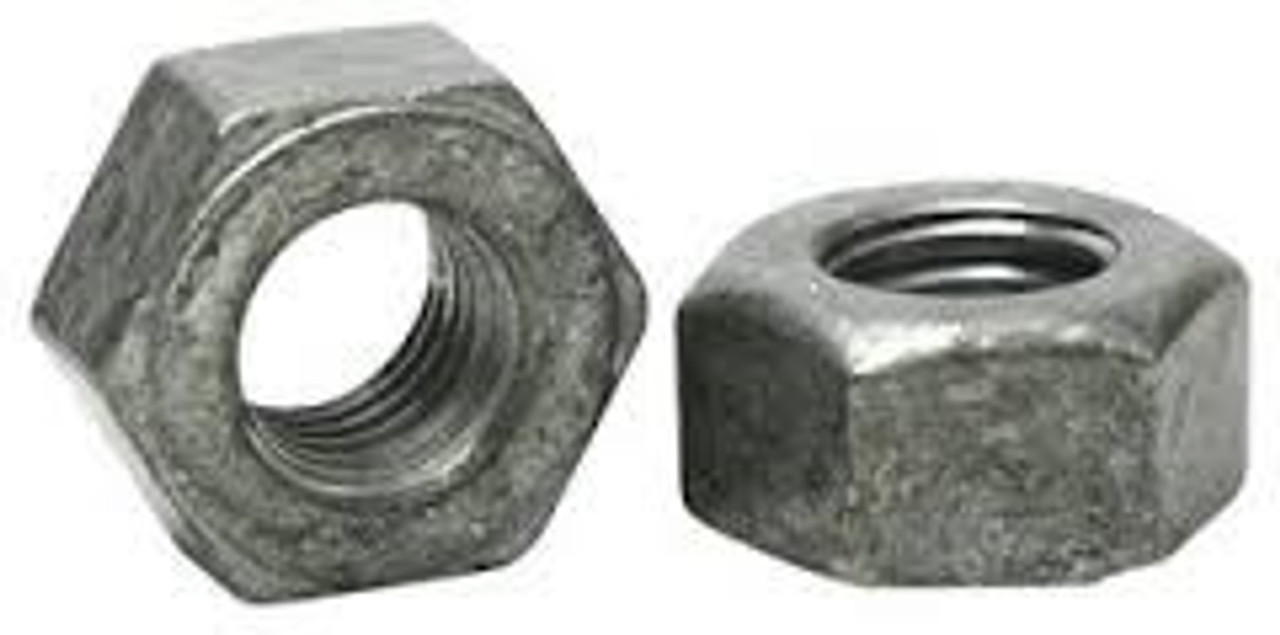
A structural nut, also known as a heavy hex nut, is a type of fastener specifically designed and manufactured for use in structural applications where high load-bearing capacities and strong connections are required. These nuts are commonly used in construction, bridges, buildings, and other structural frameworks where safety and durability are paramount.
Key features of a structural nut include:
-
Heavy Hex Shape: A structural nut has a larger and thicker hexagonal shape compared to a standard hex nut. The larger size provides a larger bearing surface, distributing the load over a broader area and increasing the nut's strength.
-
High Strength Materials: Structural nuts are typically made from high-strength materials such as steel, including grades like ASTM A563 DH, A194 Grade 2H, or equivalent specifications. These materials are chosen for their ability to withstand heavy loads and demanding conditions.
-
Coarse Thread Pitch: Structural nuts usually have a coarse thread pitch, which allows for quick installation and greater resistance to vibrational forces.
-
Tall Profile: The height or thickness of a structural nut is greater than that of a standard nut. This increased height enhances the nut's load-bearing capacity and provides more thread engagement.
Structural nuts are often used in conjunction with high-strength bolts and other fasteners, and they are essential components in ensuring the integrity and stability of structural connections. They are typically used in bolted connections where the components being joined require substantial strength and reliability.
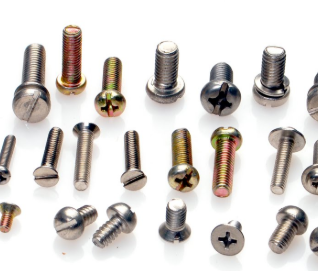 SCREWS
SCREWS
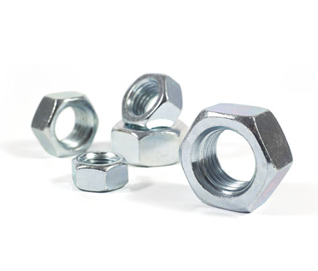 NUTS
NUTS
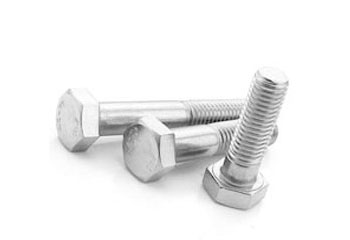 BOLTS
BOLTS
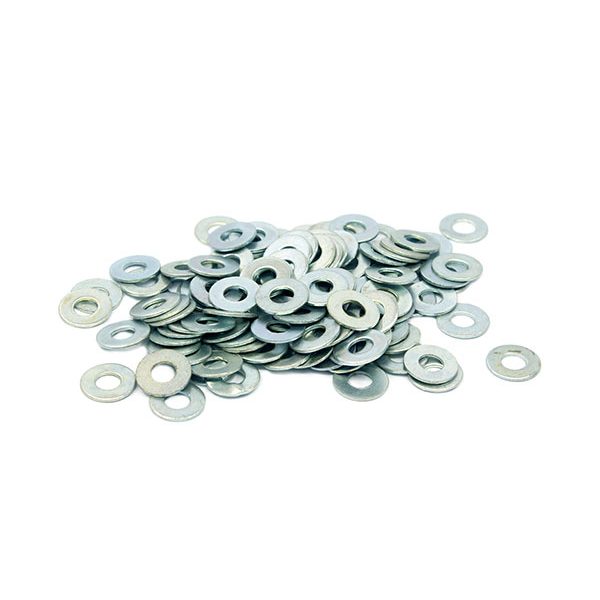 WASHERS
WASHERS
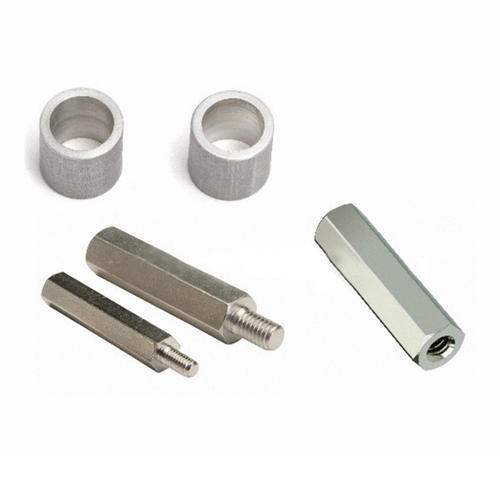 SPACERS & STANDOFFS
SPACERS & STANDOFFS
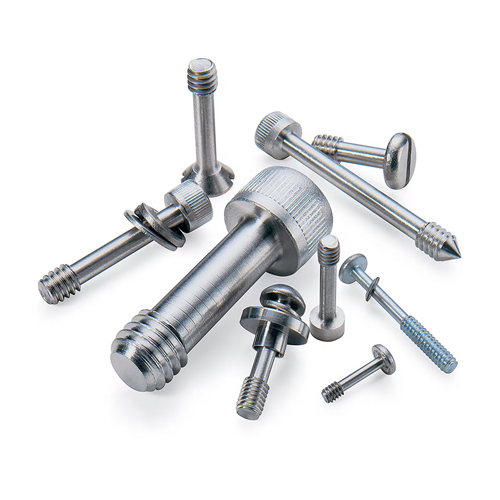 PRECISION/CUSTOM PARTS
PRECISION/CUSTOM PARTS
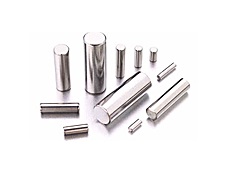 PINS
PINS
 WIRE HANDLING
WIRE HANDLING
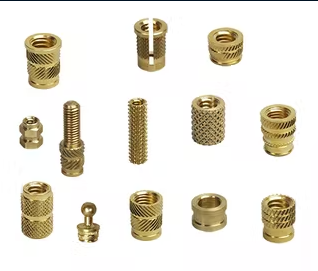 INSERTS
INSERTS
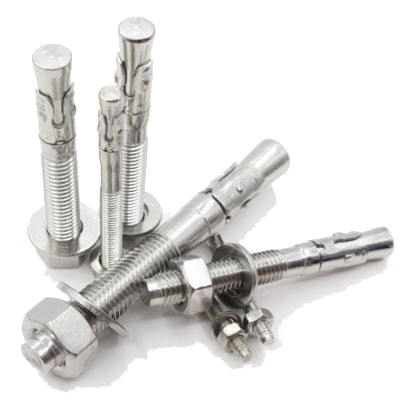 ANCHORS
ANCHORS
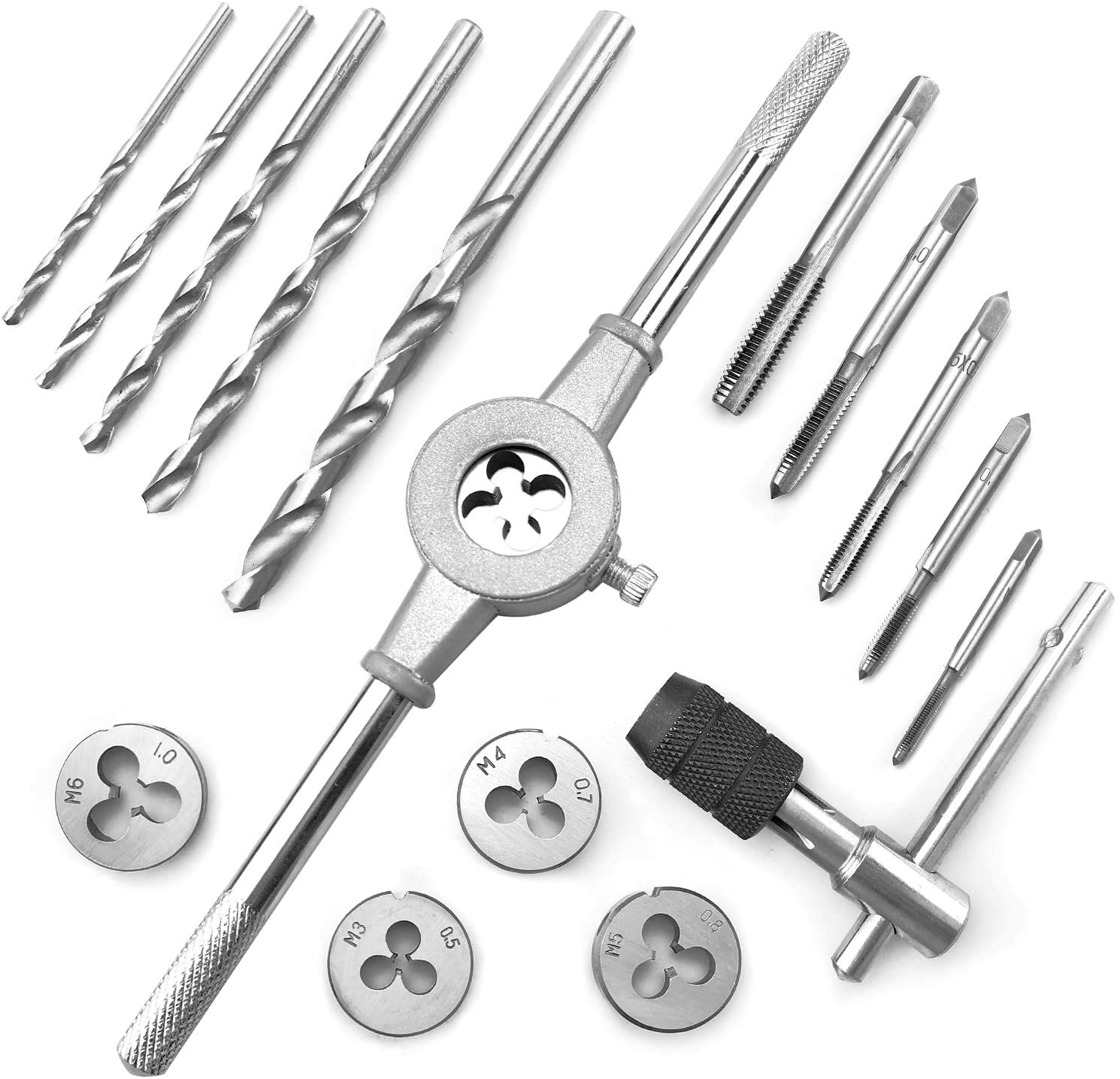 DRILL BITS, TAPS, & DIES
DRILL BITS, TAPS, & DIES
 ABRASIVES & SAWBLADES
ABRASIVES & SAWBLADES
 SAFETY EQUIP.
SAFETY EQUIP.
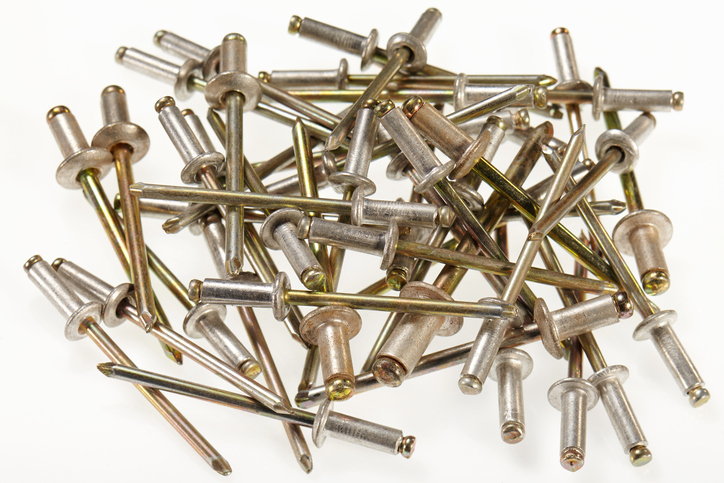 MISC.
MISC.
 MATERIAL TYPES
MATERIAL TYPES
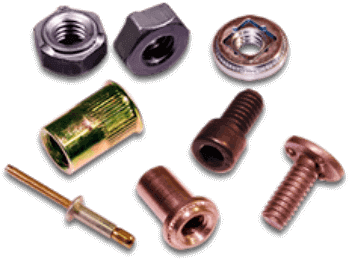 PLATING TYPES
PLATING TYPES
